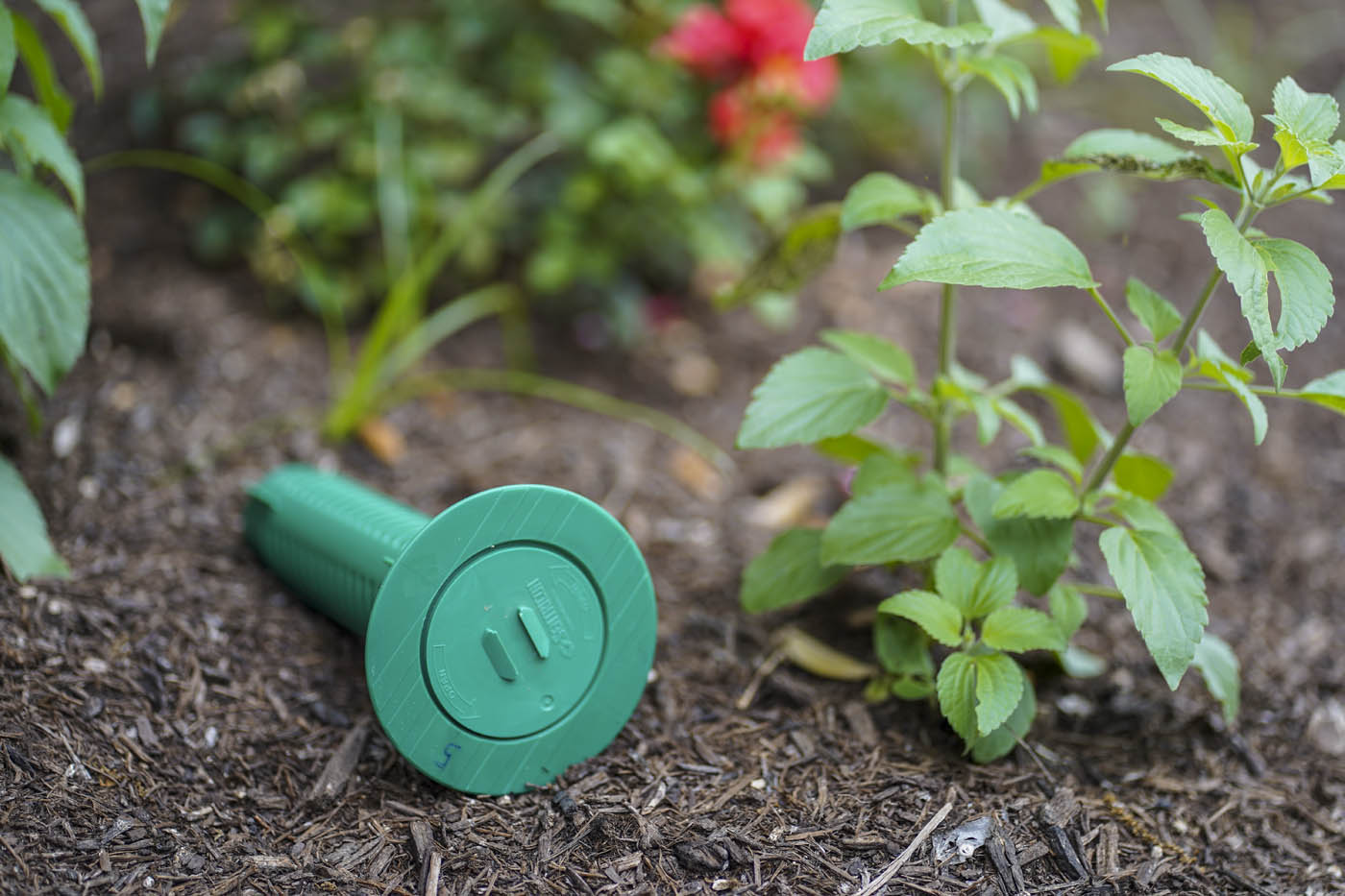Can Spiders Be Mailed In An Envelope?
April 13, 2017
You may wonder why anyone would ever want to mail a spider through the male in an envelope. But there is actually a very good reason for doing such a thing. Let's say that you found a spider somewhere outside or within your home, and you don't know what type of spider it is, but you want to know. Then many entomologists recommend
You may wonder why anyone would ever want to mail a spider through the male in an envelope. But there is actually a very good reason for doing such a thing. Let's say that you found a spider somewhere outside or within your home, and you don't know what type of spider it is, but you want to know. Then many entomologists recommend sending the unknown spider specimen to the proper experts in order to have it identified.
Sending spider specimens to Colleges and Universities in order to be identified is not a bad idea, just as long as you don't use an envelope. Using an envelope will usually not help the entomologists receiving the specimen because envelopes are not treated with delicacy when they are being transmitted from post office to post office. By the time an envelope that contained a once in tact spider specimen arrives at the entomologist office door, the spider is usually crushed to a fine powder.
In order to ensure that your spider specimen arrives intact at the entomology office it is a good idea to put your spider specimen into a bottle or a rigid box so that it may be preserved for identification. It is ideal to keep spider specimens in a non-leaky container with a bit of rubbing alcohol to stave off decomposition. One substance that is often used, and wrongly so, is called formalin. Formalin is not a preservative for spiders.
Dried out spiders make identification difficult, but not quite impossible in all cases. However, if you do not have the materials recommended then be sure to wrap your spider specimen in tissue paper before placing it into a non-foldable box of some sort. If you follow these instructions then you may find yourself to be the first person to discover a particular spider species.
Have you ever sent a spider specimen into experts for any reason? If yes, then do you know if the specimen was identified?




